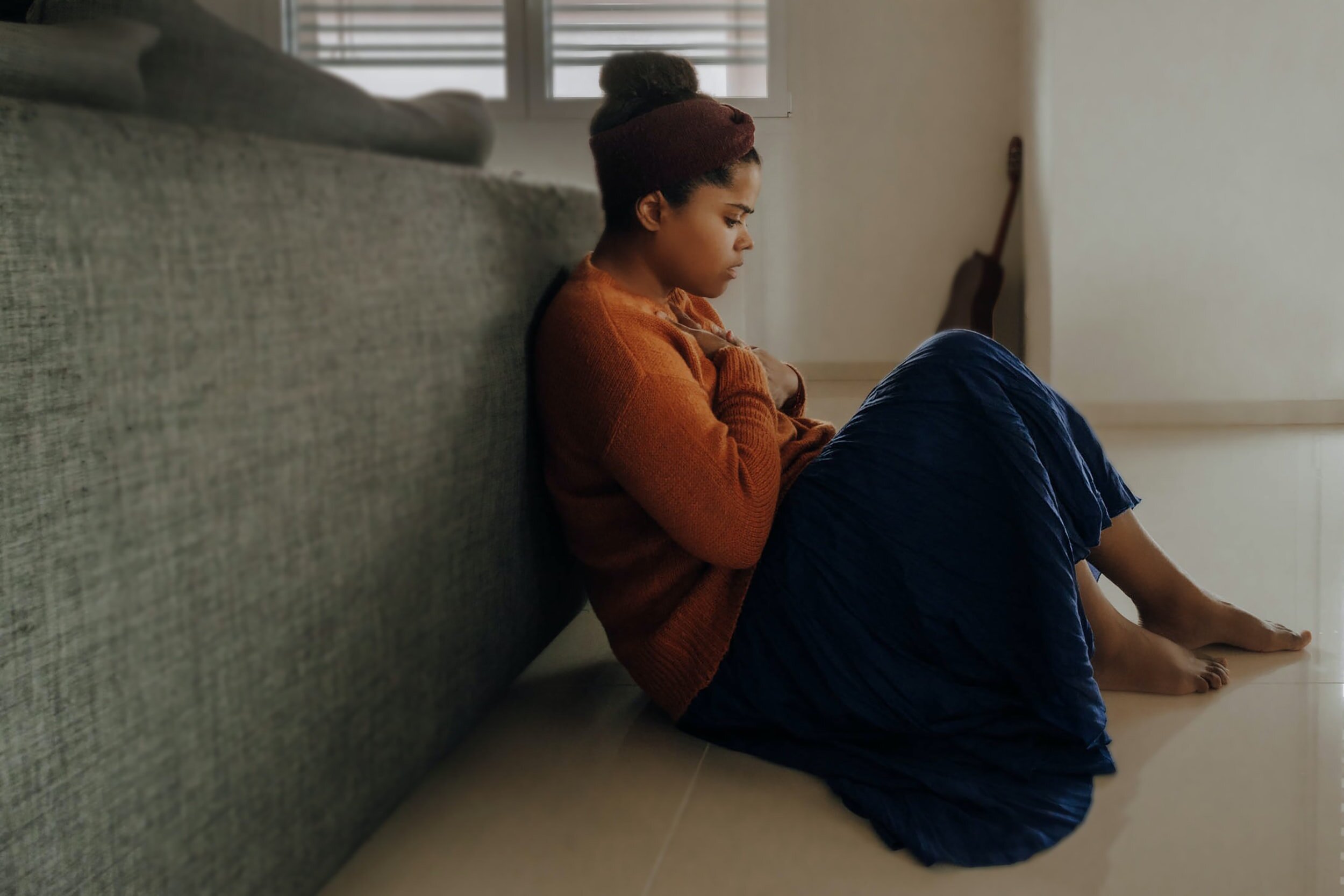7 Proven Ways To Effectively Lower Anxiety
Anxiety can be a debilitating emotion. It can be triggered by any situation. As our lives fill up with the endless cycle of responsibilities and obligations, finding effective ways to soothe your anxiety is a must. If you’re struggling with stress, nervousness, and anxiety, try incorporating these habits into your daily routine.
1. Exercise
Building a consistent exercise routine can boost your mood, combating the negative emotions associated with anxiety. Whether you’re running, attending a dance class, or lifting weights at the gym, this activity can help you divert negative thoughts. Exercise actually forces your body to release muscle tension, making you feel more relaxed. Doing some sort of cardio or strength training also releases serotonin, the “happy chemical,” into your brain. Best of all, research indicates that the type of exercise doesn’t really matter: as long as you are getting your heart rate up, you can reap the physical and mental benefits of fitness.
2. Eat more healthy foods
Your physical and mental health are closely tied together. That’s why eating a balanced diet is also important in reducing anxiety symptoms. For example, eating complex carbohydrates will help maintain your blood sugar levels, preventing your energy from spiking and falling throughout the day. Diets rich in magnesium, including leafy greens, nuts, and whole grains, are correlated with lower anxiety. Antioxidants, which are natural substances that can delay cell damage, can also ease anxiety. So the next time you head to the grocery store, be sure to pick up some berries, beans, kale, and artichokes, which are rich in antioxidants and other key nutrients.
3. Avoid excess caffeine
Feeling jittery? Try to reduce your caffeine intake. Caffeine actually increases your alertness by blocking the brain chemical adenosine, which is responsible for making you feel tired. Caffeine then triggers the release of adrenaline, the “fight or flight” chemical that increases energy. So drinking a cup of coffee can keep you from feeling sluggish, but it’s not the best beverage if you’re already feeling on-edge. If your body is constantly twitching and jittering, then you might consider cutting back on your intake of caffeinated drinks and food.
4. Breathing exercises
Another effective way to handle anxiety is to practice deep breathing exercises. Since anxiety is associated with shallow breathing, the intentional process of deep breathing can help. When you take deep breaths, your blood cells receive oxygen and expel carbon dioxide efficiently, which slows down your heart rate and releases muscle tension. According to the American Institute of Stress (AIS), deep, abdominal breathing for 20 to 30 minutes a day can reduce stress and anxiety.
5. Aromatherapy
Aromatherapy is the therapeutic practice of using essential oils and fragrances to manage your emotions. Not only can aromatherapy reduce stress, but it can also enhance your mental clarity. Aromatherapy oils can be massaged into the skin, placed in a diffuser, or added to a warm bath. Lavender, grapefruit, eucalyptus, and rosemary oil release a pleasant fragrance that soothes headaches, calms your nerves, and helps you sleep better at night.
6. Rest and Relaxation
While we could all use a little more shut-eye, anxious individuals should seek out extra relaxation in their daily routine. Insomnia, or the inability to fall asleep at night, is linked to anxiety disorders; people who spend all night ruminating about their concerns in bed often struggle to fall asleep, or to stay asleep. Building a healthy nighttime routine can help you combat feelings of anxiety. This means eliminating light and noise from your sleeping space, avoiding caffeine and alcohol in the afternoon and evening, and limiting your screen-time at night. You might even try deliberate relaxation techniques, such as meditation, to help you unwind before bedtime.
7. Medications
If all else fails, don’t be afraid to ask your doctor for advice. They may prescribe some anxiety medication to alleviate your symptoms. If not, ask your doctor is there is any medication that you can take to calm you down. Your primary care physician may also recommend chatting with a certified therapist. A professional therapist is trained to help you process your emotions, while creating healthier habits and mindsets for your particular lifestyle.
Looking for your perfect therapist? If you’re looking to find that “right fit,” set up a free consultation with one of our trained, professional therapists - all online, whenever works best for you. We’re here to listen, here to help, in your time.

